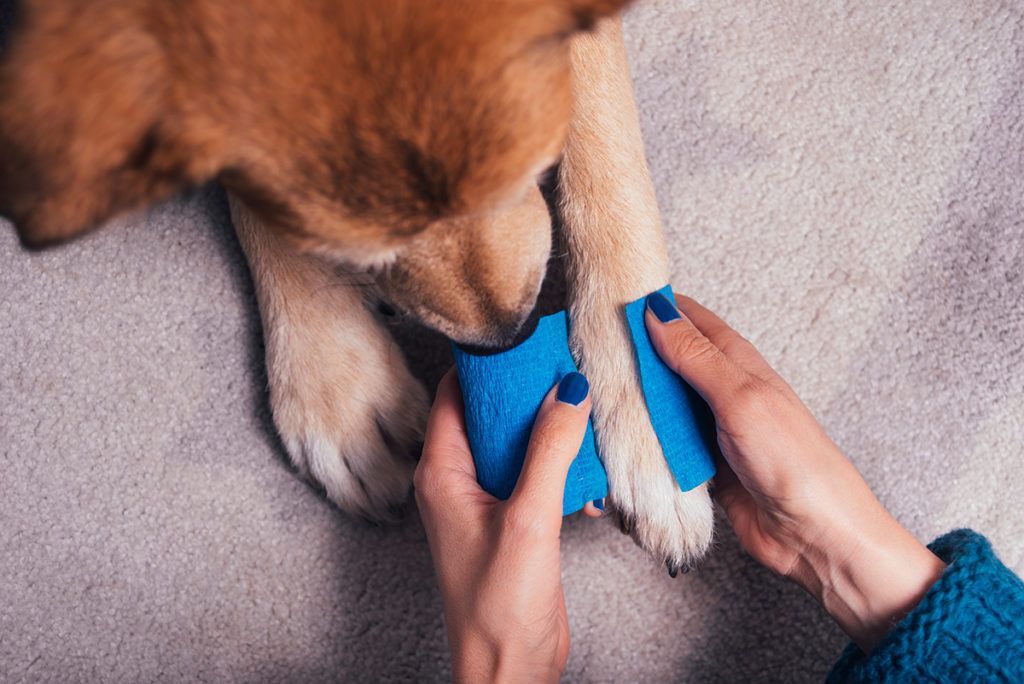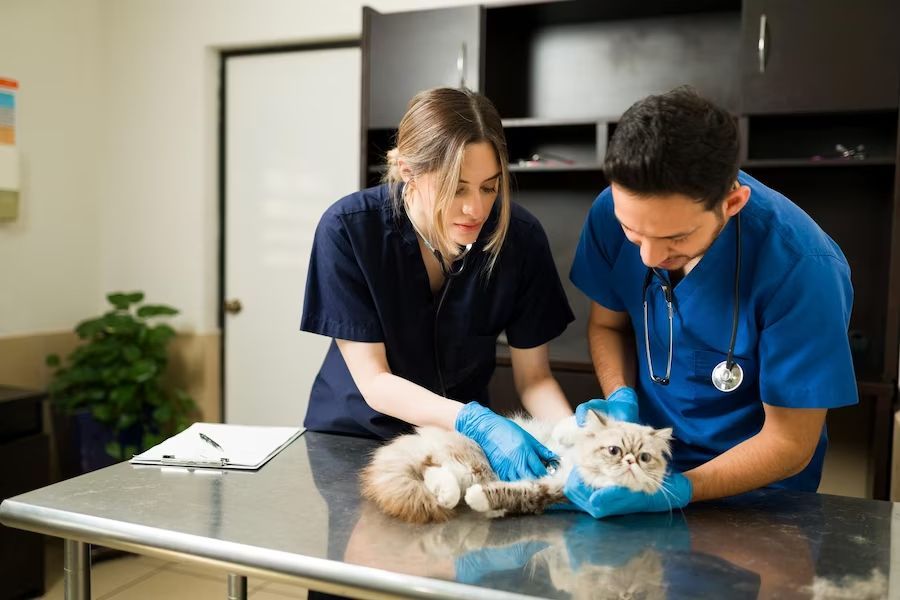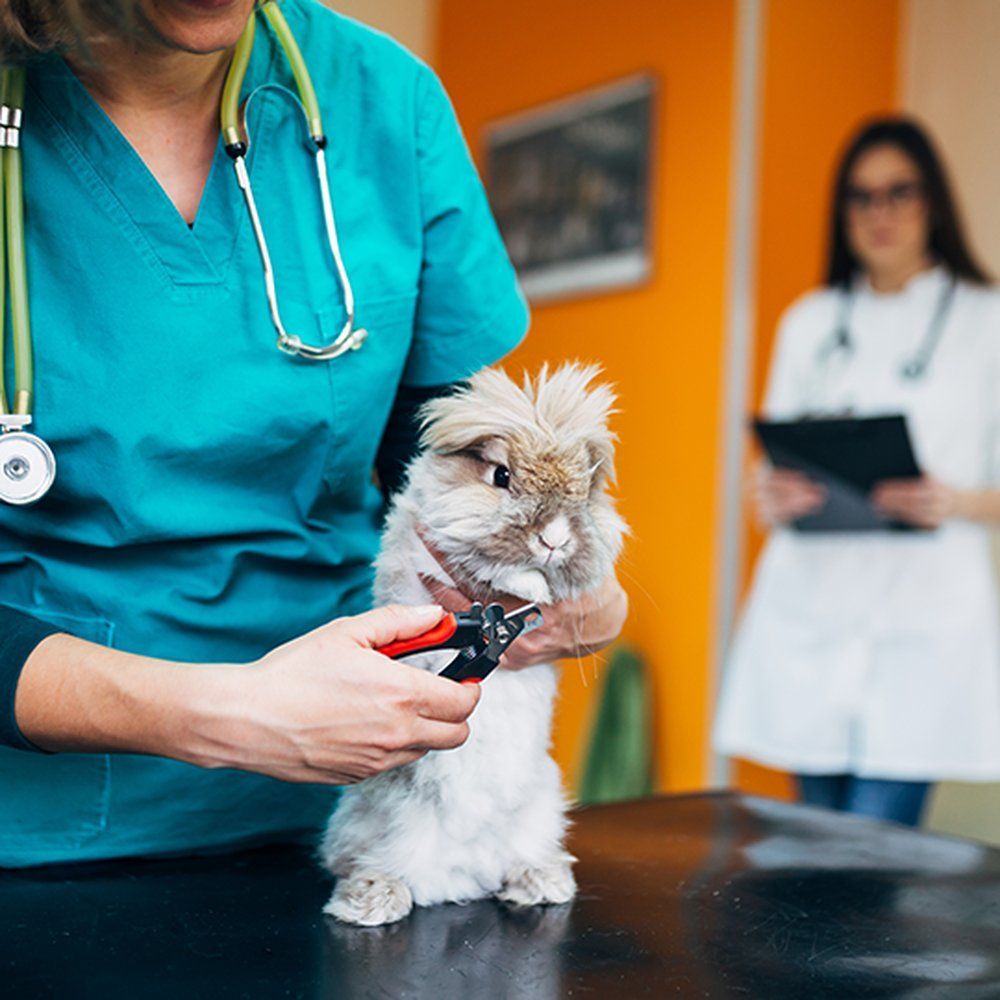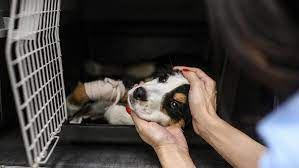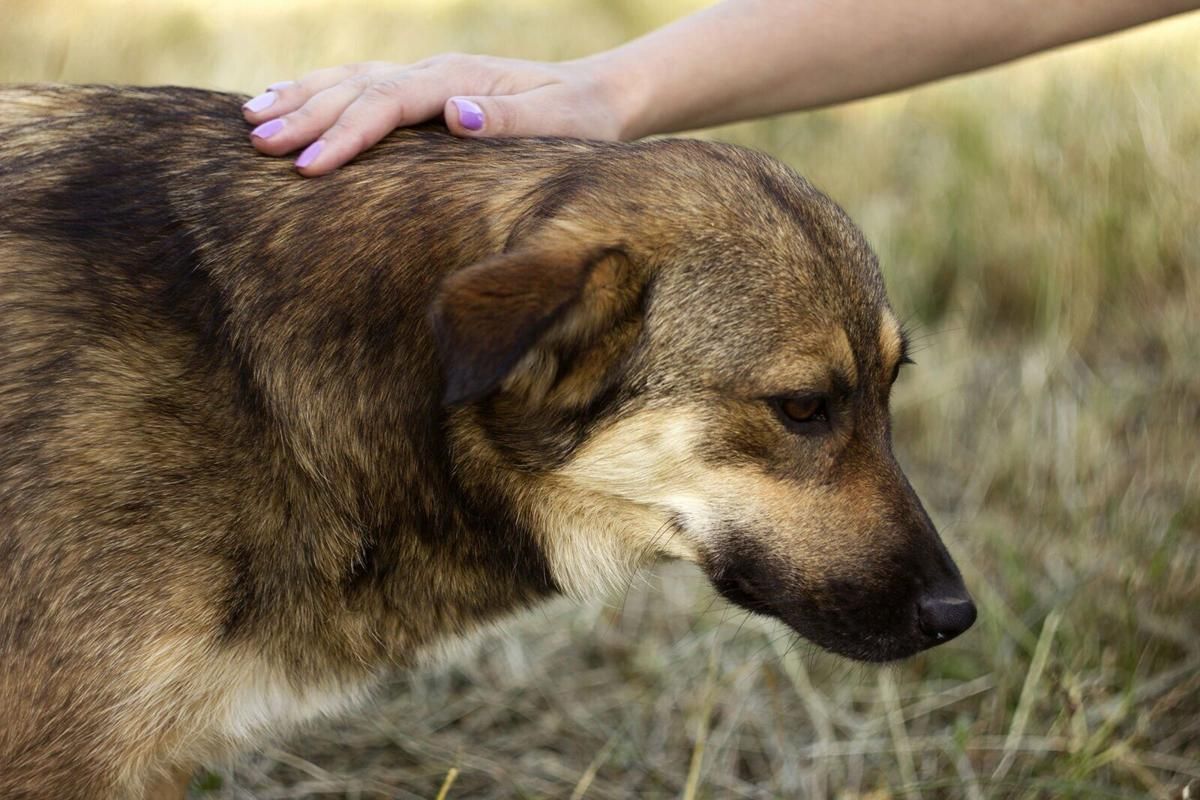Dog Vomiting: Does it Warrant a Trip to the Emergency Vet?
It’s not a pleasant subject, but dog vomiting is something that virtually every pet parent has to deal with. You know how it goes–either you’re walking into the kitchen and you— squish –step in a puddle of partially digested food, or your dog starts heaving in the middle of the night, startling you from sleep.
Regardless of how it happens, it can be alarming to see your pet suddenly vomiting, especially if they seemed perfectly fine just moments ago. You’ll probably have lots of questions, such as, “Is it serious?” and “What should I do?” We can help you answer these and other questions so you’ll know how to respond in the event of a dog vomiting episode.
What Causes Vomiting in Dogs?
It’s amazing what our pets can ingest (and safely pass later), but there are just as many things out there that can cause vomiting. Some of the more common culprits include:
- Fatty foods
- Table scraps (especially if they’re saturated in fat and grease)
- Garbage
- Bones, sticks, hair, stones, rubber balls, socks, hair ties, and other foreign objects
- Roundworms and other intestinal parasites
- Diseases such as parvovirus and distemper
- The ingestion of poisons including antifreeze, rat poison, pesticides, and household drugs such as aspirin and ibuprofen
- Motion sickness (pets can get car sick, too!)
- Stress or anxiety, too much excitement
When Dog Vomiting Requires a Visit to the Vet
If your dog vomits, there is a chance it is not an emergency. However, there are cases where it can be, and that’s when you need to take action.
Here are some scenarios in which dog vomit can signify a more serious health problem:
There are other symptoms present
If your dog’s vomiting is accompanied by unusual behavior, listlessness, diarrhea, or a lack of appetite, we recommend calling your veterinarian or emergency vet right away.
There is blood in your pet’s vomit
Blood in vomit isn’t always red–if the blood is dried, it will look more like coffee grounds. Blood in your dog’s vomit could indicate a gastric ulcer or the presence of a foreign object with sharp edges, like a toy or a bone.
The vomiting won’t stop
If your pet vomits multiple times or is vomiting continuously, don’t hesitate to call the nearest 24/7 Local Veterinarian location (for after-hours emergency care) or your pet’s regular veterinarian.
What an Emergency Veterinarian Can Do To Help
When you consult with one of our emergency veterinarians, we’ll need to do several things:
Find the cause of the vomiting
Before we can proceed with treatment, we need to perform an examination of your dog and determine what exactly is causing them to vomit. If possible, collect a small sample of your pet’s vomit and place it in a plastic bag so we can study it for clues.
Check for a blockage in your pet’s throat or digestive tract
We’ll also need to check your pet to confirm that they do not have a foreign object blocking their airway or digestive tract. If there is an obstruction, we’ll have to remove it as soon (and as safely) as possible. This may require surgery.
Check for an infection or signs of dehydration
An exam of your pet and additional testing can alert us to signs of illness that may be tied to your pet’s vomiting.
Test for kidney and liver disease, diabetes, and pancreatitis
To screen your pet for diseases including diabetes , pancreatitis, and liver and kidney failure, we’ll need to examine their stomach and small intestine and run blood tests.
When in Doubt, Give Us a Call
Dog vomiting is not always a sign of serious illness requiring a trip to the emergency vet . However, it helps to understand the difference between regurgitation and vomiting, and to be able to tell whether your pet’s vomiting is a one-time occurrence or an ongoing issue that needs to be addressed with prompt treatment.
Be sure to contact your nearest 24/7 Local Veterinarian location if you suspect something serious, and don’t hesitate to call us if you have any questions! You’ll always be able to speak directly with a qualified emergency vet.
Contact with your local vet for the best advise
Resource Center
